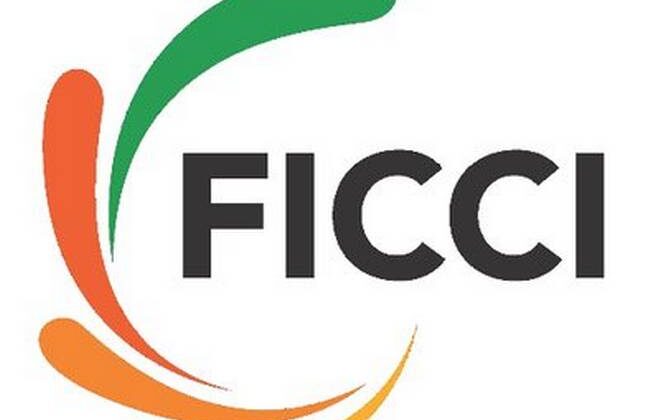
COVID-19 second wave impact | Sharp deterioration in ‘Overall Business Confidence’: FICCI
Participating companies stressed on the need for another fiscal package, focussing on addressing the demand side, along with employment-based incentives to employers to avert any job losses.
NEW DELHI : The worsening current conditions and muted near-term expectations due to the second wave of the coronavirus pandemic has led to a “sharp deterioration” in India Inc’s overall business confidence, according to a survey by Federation of Indian Chambers of Commerce & Industry (FICCI).
As per the ‘Business Confidence Survey’, participating companies “unanimously felt that the government must, first and foremost, focus on controlling covid cases”, and only a massive vaccination drive can decouple India’s economy from another pandemic induced shock.
Additionally, they stressed on the need for another fiscal package, focussing on addressing the demand side, along with employment-based incentives to employers to avert any job losses.
The ‘Overall Business Confidence Index’ nosedived to 51.5 after reporting a decadal high value of 74.2 in the previous round of the survey released in March 2021, the industry body said.
About 70% participants reported weak demand conditions as a bothering factor in the current survey as compared to 56% stating the same in the previous round. The corresponding number last year was 77%. “With household income being severely impacted and past savings already drawn down during the first wave of infections, demand conditions are expected to remain weak for longer this time around,” the survey said.
It added that since a much larger proportion of the population has been impacted in the current wave, there has been permanent impairment to income for many households who have faced job losses or have lost bread earners to COVID-19.
About 180 companies with a turnover ranging from ₹1 crore to ₹60,000 crore, responded to the survey, which was conducted during the months of April/May 2021 to gauge expectations of the respondents for the period April to September 2021.
“Measures to support demand revival will be crucial for the economy to recover from the latest pandemic induced shock. Moreover, the pace of vaccination must be significantly increased for achieving faster normalisation,” it stressed.
The participating companies, however, did report improved capacity utilisation rate in the present survey despite weak demand conditions. This can be attributed to imposition of localised restrictions instead of a complete lockdown, which ensured industry remaining largely functional throughout.
Survey participants cited the increasing raw material costs as a “major bothersome” factor for the fourth consecutive survey round. “…the proportion of respondents anticipating better sales prospects in the near term declined significantly to 31% versus 66% respondents stating likewise in the previous round… and the proportion of respondents citing higher profits over next six months declined to 16% in the latest survey vis-à-vis 36% respondents stating the same in the previous round,” it said.
Further, only 19% respondents were optimistic about better hiring prospects over the next two quarters, while only 27% respondents indicated higher export prospects.
On the impact of localised restrictions on businesses, around 80% of the participating companies said that they were facing issues in carrying out their business.
The companies highlighted that the entire process for approval of loans has become extremely time consuming which is severely dampening business prospects. “Participating companies felt that any refusal by banks to lend to companies must be backed by a reason and the same must be formally communicated as this would increase transparency,” the survey said.
Additionally, the participating companies also called for extension of the moratorium on loans, principal and interest payments, for at least another six months, and emphasised the need for a stable interest rate regime for about 12-18 months.
“On the fiscal side, companies unanimously felt the need for another fiscal package, focussing majorly on addressing the demand side. Demand boosting measures such as direct income support to rural as well as urban poor, income tax reductions for the middle class and temporary reductions in indirect taxes must be urgently considered,” it said.
Source : The Hindu

